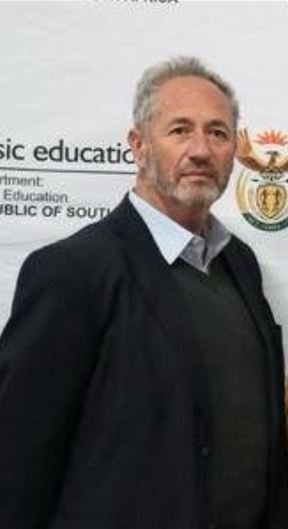SAERA Research Recognition Awards
SAERA Research Recognition Award 2024

Congratulations to Prof Brahm Fleisch – Awarded the SAERA research recognition award for 2024. The SAERA research recognition award is an award given to individuals who have made an outstanding, distinctive contribution to education research.
CALL FOR SAERA RESEARCH RECOGNITION AWARD
1. Criteria for SAERA Research Recognition Award
1.1 A South African individual who has made an outstanding, distinctive contribution to a significant education issue that has national and/or global influence.
1.2 The outstanding, distinctive contribution could include research outputs, research opportunities and/or meaningful service to education research.
2. Eligibility
2.1 The nominee should be a South African citizen/permanent resident. If an entity is nominated, it should be registered in South Africa.
3. Process of nomination
3.1 Any SAERA member may nominate an individual/entity for the award.
3.2 The nominee will be invited to present their research at the annual conference.
3.3 The following documents should be submitted to rose@saera.co.za by 29 July 2024:
a. A completed nomination form signed by the nominator and nominee.
b. A nominator’s statement of maximum 1000 words in support of the nomination. The statement should clearly indicate what specific and noteworthy contribution was and argue for it being a significant education issue that has national and/or global influence. Supporting documents may be attached to validate the statement if wished.
c. The curriculum vitae of the nominee and in the instance where a research entity is nominated, information about that entity in the form of its constitution, website or any other relevant details that describe it,
4. Evaluation process
The SAERA executive will appoint a review panel, consisting of the deputy president of SAERA, two executive members of SAERA and two non-executive members of SAERA. The review panel will then make a recommendation on the award to the full executive SAERA.
5. Award
The SAERA Research Recognition award will be presented at the annual conference. The recipient(s) will be expected to present an overview of their work at the conference. The recipient(s) will be sponsored for registration of the conference and will receive SAERA membership for the coming year.
Prof Hasina Ebrahim
Professor Felix Maringe
Professor Michael Samuel

